
Georgia: EU-supported social entrepreneurship offers vulnerable people a second chance in life
Since 2008, the Education Development and Employment Centre (EDEC) in Kutaisi, Georgia, has been tackling various employment and development problems through specific EU-funded initiatives.
EDEC provides support to people with disabilities, long-time unemployed individuals, housewives, socially excluded people, ethnic minorities, internally displaced individuals and people in conflict with the law.
But employment is just one of the centre’s focus areas. EDEC Board Chairperson Lika Kiladze says that the organisation also actively supports young people in entrepreneurship.
“We have a consultation centre where young people can receive training and advice on starting their own business. Future entrepreneurs can find various sources of financing, but they often lack relevant skills and knowledge. Our services are not limited to one-off trainings – we also provide advice for solving different entrepreneurial problems, and help to improve and develop production,” Lika shares.
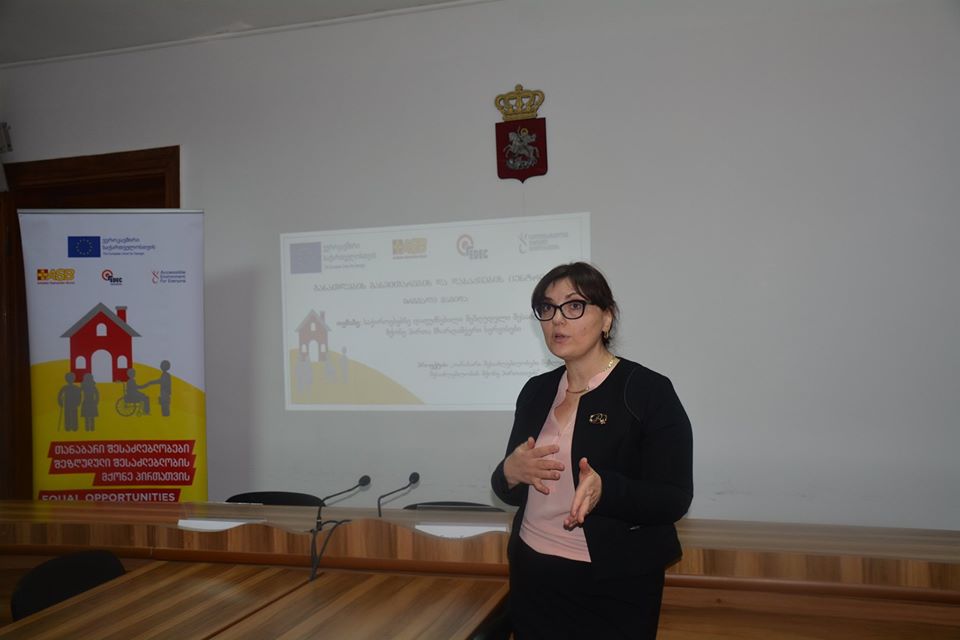 Lika Kiladze
Lika Kiladze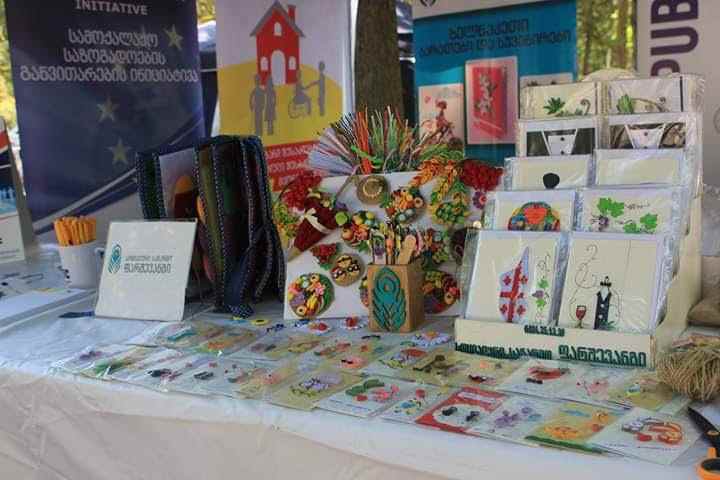 Georgia: EU-supported social entrepreneurship offers vulnerable people a second chance in life
Georgia: EU-supported social entrepreneurship offers vulnerable people a second chance in life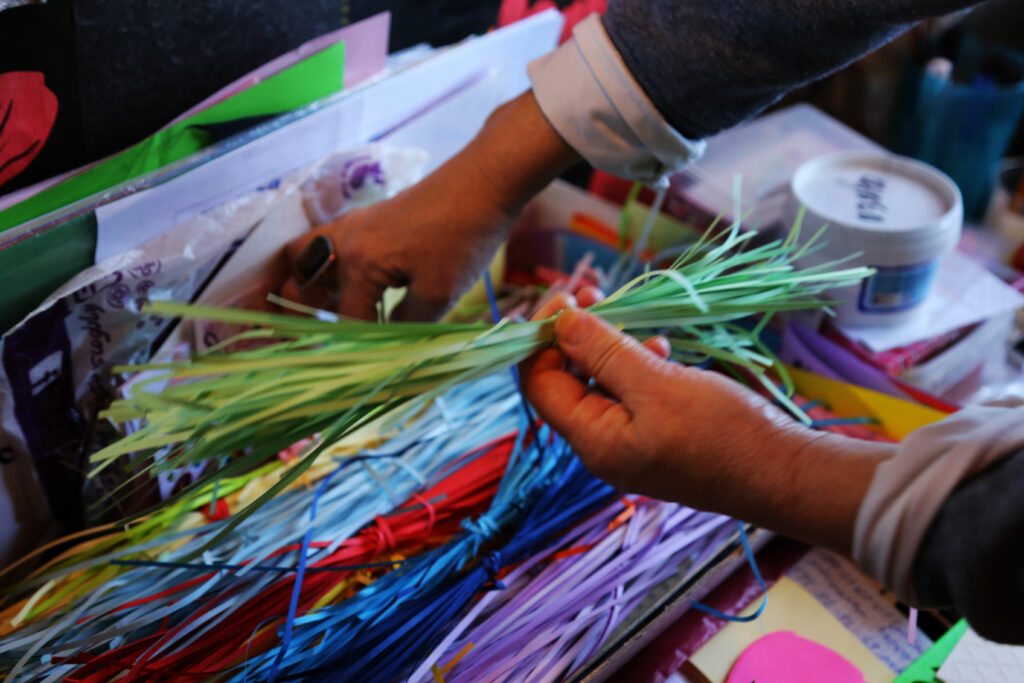 Georgia: EU-supported social entrepreneurship offers vulnerable people a second chance in life
Georgia: EU-supported social entrepreneurship offers vulnerable people a second chance in life
EDEC also actively supports social entrepreneurship. The centre has opened the social enterprise Parshevangi (meaning ‘peacock’ in Georgian), which employs people with disabilities and socially vulnerable individuals, giving them a sense of fulfilment and financial stability. Workers at Parshevangi produce greeting cards, materials for inclusive education and souvenirs. Out of the 11 employees working there, four are people with disabilities, and seven are socially vulnerable individuals or women who are not competitive on the labour market.
Nana Pkhakadze is an accountant by vocation, but after her health deteriorated she could no longer work in her field, so she joined EDEC to learn new skills and competencies.
“When I acquired a disability status, I could not keep my accounting job. EDEC gave me the opportunity to learn quilling and I started working at Parshevangi in 2016. We make cards, invitations, souvenirs, brooches, and help others with our crafts,” says Nana.
Nana also participates in trade fairs where she receives offers from clients, and has her own web page for showcasing her work.
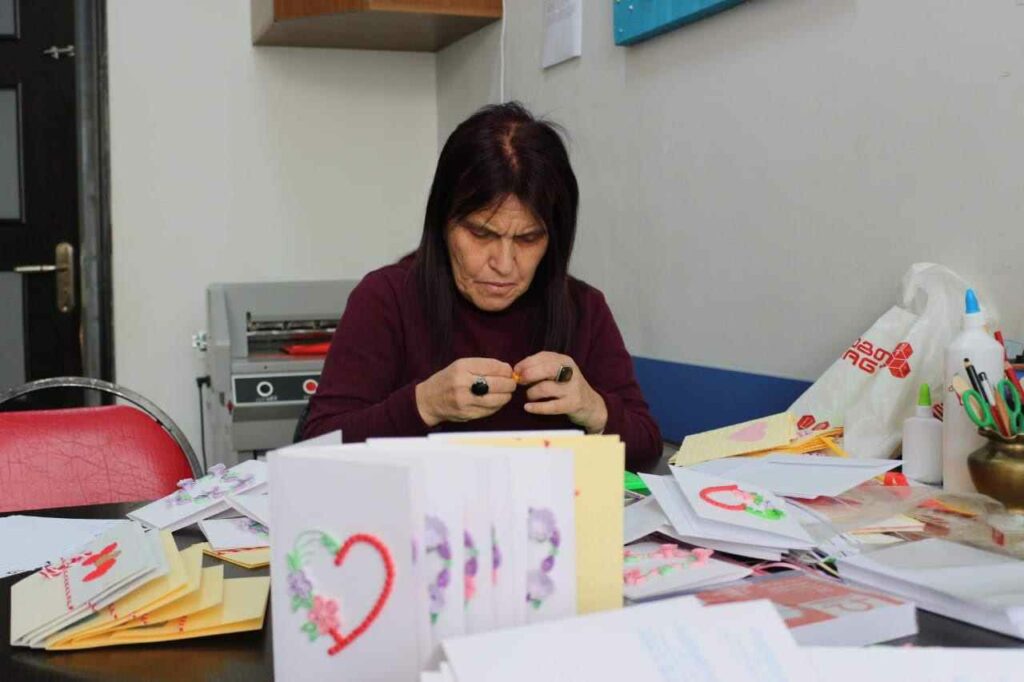 Nana Pkhakadze
Nana Pkhakadze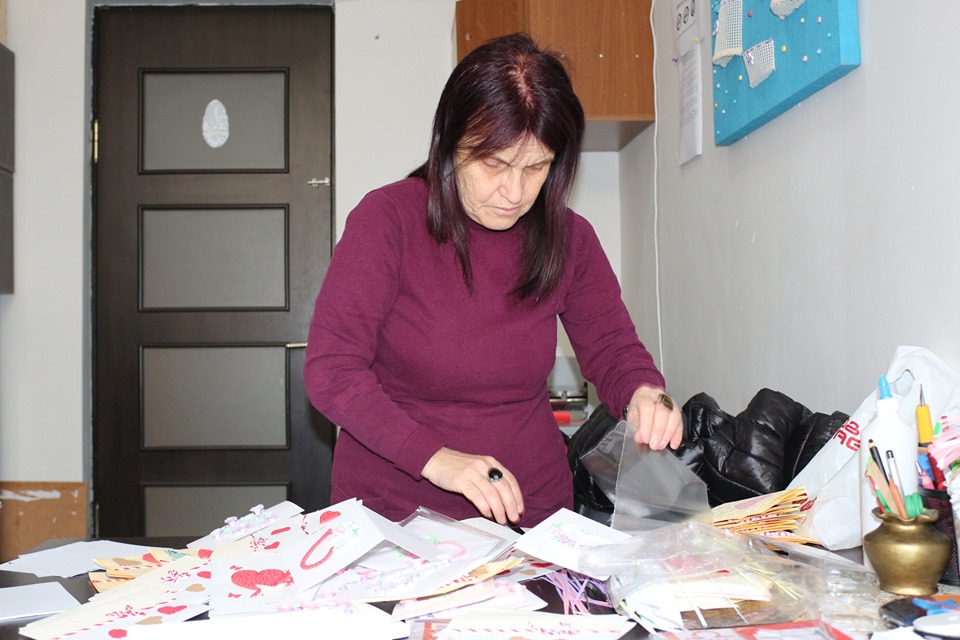 Nana Pkhakadze
Nana Pkhakadze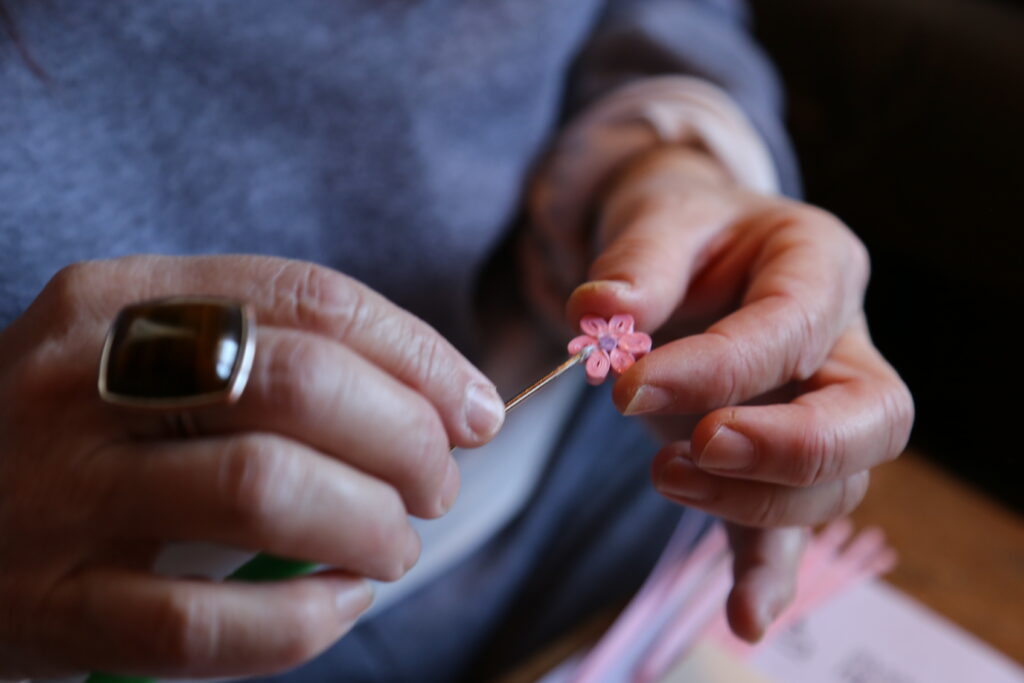 Georgia: EU-supported social entrepreneurship offers vulnerable people a second chance in life
Georgia: EU-supported social entrepreneurship offers vulnerable people a second chance in life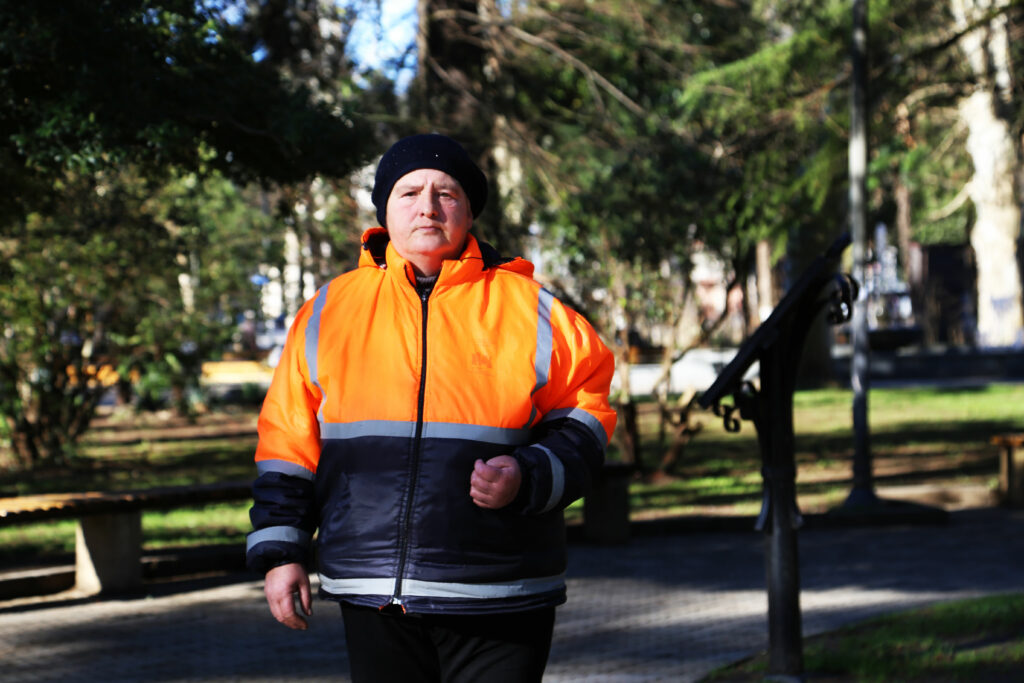 Irina Metreveli
Irina Metreveli
“It is important for me keep busy and do something meaningful. It is nice to know that someone needs your skills and likes your work. Apart from making a living, my job also allows me to socialise with people, which is very important to me,” shares Nana.
Irina Metreveli, 53, says that before getting her job at the mayor’s office in Kutaisi, she had lost hope trying to find employment, as most companies in her town refused to hire a person with a disability.
“My social allowance was withdrawn and I needed income. EDEC helped me find a job as cleaning staff. The work is taxing, but not impossible. Organisations that find work for people with disabilities are very important. We are not a burden! We can work – we just need support. I feel good knowing that I am useful and my work is appreciated,” says Irina.
Author: Nestan Chagelishvili
Article published in Georgian by Qartli.ge
MOST READ
SEE ALSO

No, time is not on Russia‘s side
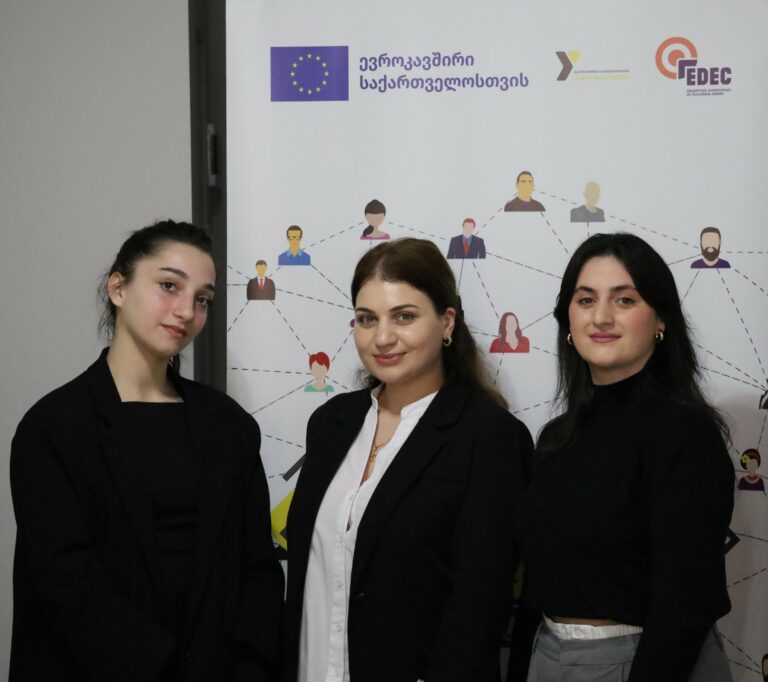
A hands-on approach to boost youth employment in Georgia
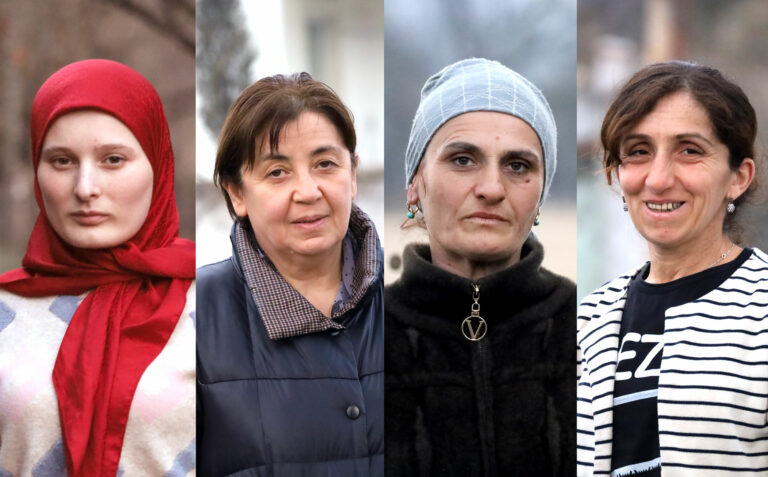
Taking health into their own hands: women’s empowerment in the remote villages of Georgia
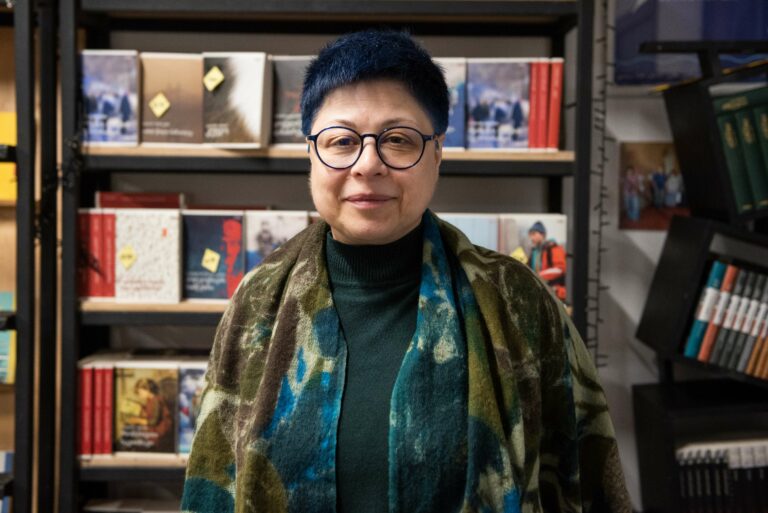
A woman publisher in a male-dominated industry – the path to a big dream

Be one step ahead of a hacker: check simple cybersecurity tips!
More campaign pages:
Interested in the latest news and opportunities?
This website is managed by the EU-funded Regional Communication Programme for the Eastern Neighbourhood ('EU NEIGHBOURS east’), which complements and supports the communication of the Delegations of the European Union in the Eastern partner countries, and works under the guidance of the European Commission’s Directorate-General for Neighbourhood Policy and Enlargement Negotiations, and the European External Action Service. EU NEIGHBOURS east is implemented by a GOPA PACE-led consortium. It is part of the larger Neighbourhood Communication Programme (2020-2024) for the EU's Eastern and Southern Neighbourhood, which also includes 'EU NEIGHBOURS south’ project that runs the EU Neighbours portal.

The information on this site is subject to a Disclaimer and Protection of personal data. © European Union,







